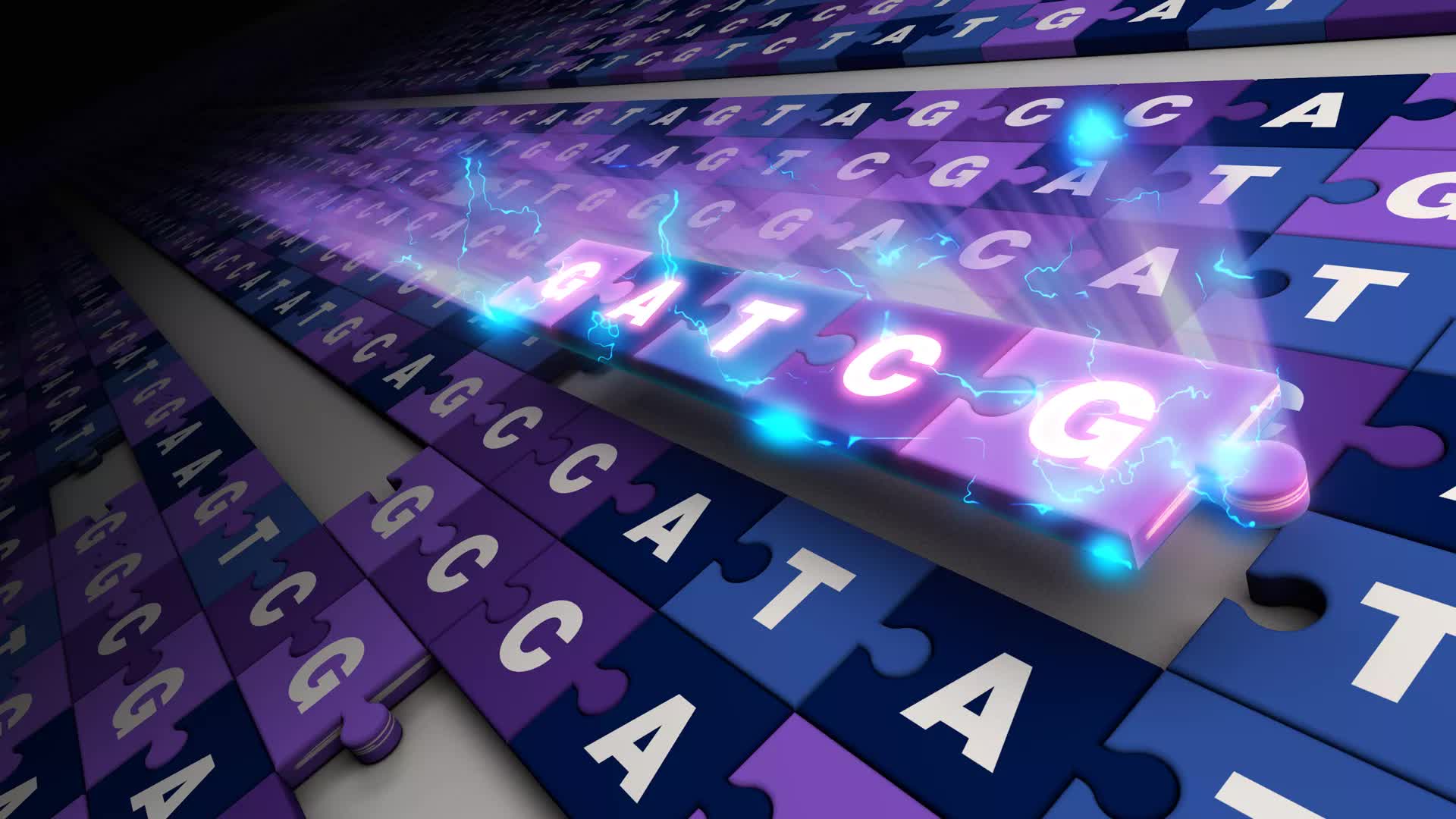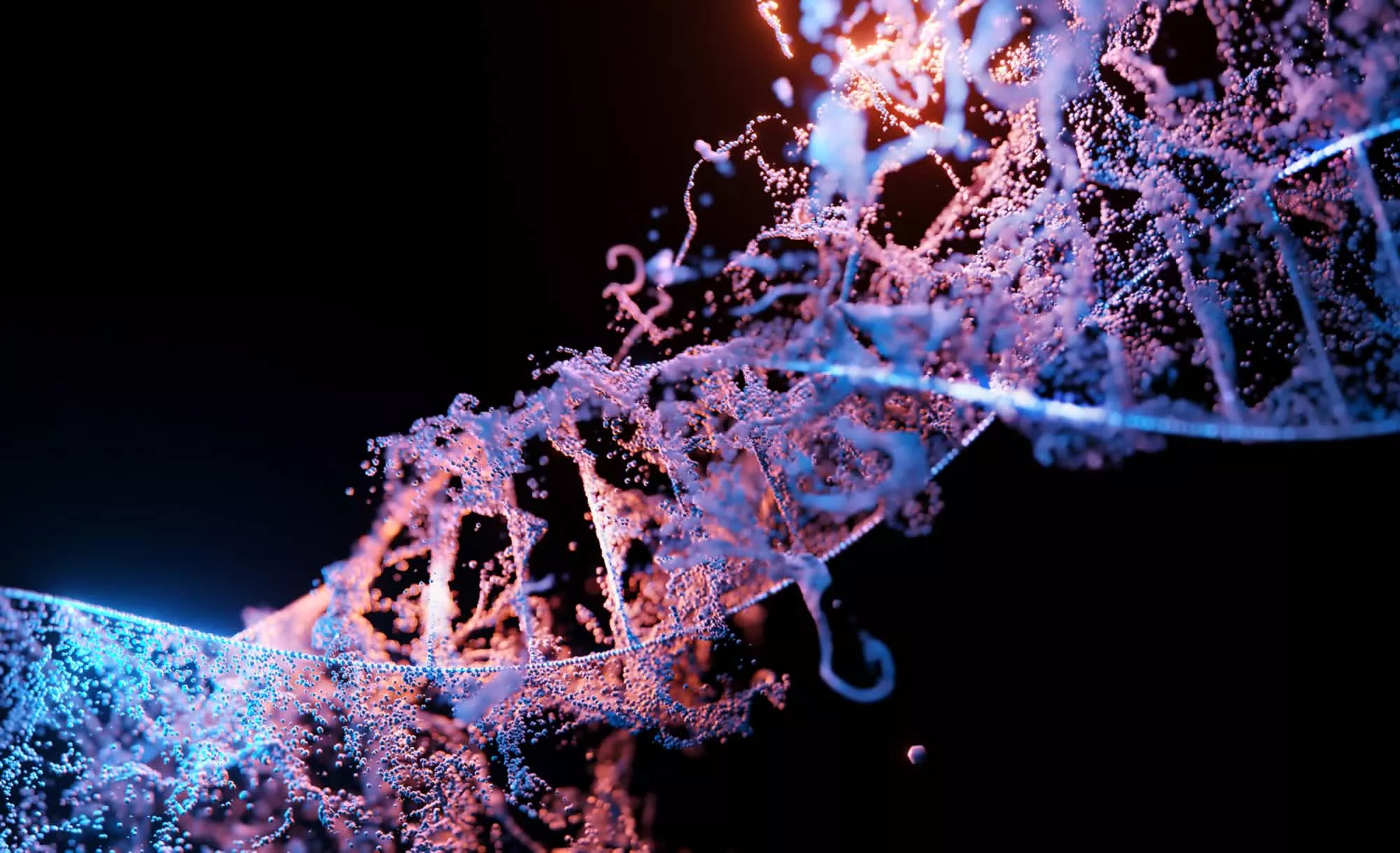In context: Due to its mind-boggling density, scientists have explored using DNA as a data storage medium for years. A single gram of DNA could theoretically hold a staggering 215,000 terabytes of information. Yet despite the potential, turning it into a practical computing solution has been a struggle.
Conventional methods for encoding data into DNA strands involve making custom DNA sequences from scratch. Scientists call this process "de novo synthesis." This technique is labor-intensive, slow, expensive, and error-prone.
In a recent study published in Nature, a team from Peking University and three other institutions describe a clever alternative: using naturally occurring DNA methylation to rewrite DNA strands rather than building new ones. Methylation is a part of the epigenetic modification of DNA that occurs during an organism's life rather than over generations. The scientists used this to essentially "print" new data onto existing DNA.
The researchers engineered 700 different DNA "movable type" components from nucleic acids. Using these, they can either manually or automatically write data by methylating specific spots on existing DNA strands - mutating "epi-bits" to encode the information. The breakthrough is comparable to writing a book with a word processor rather than a hammer and chisel.

The team tested their method by encoding images like a Chinese tiger rubbing (16,833 bits) and a panda photo (252,504 bits) at around 350 bits per reaction. This speed is glacially slow compared to even the slowest HDD, but it's still a vast improvement over de novo synthesis. Furthermore, since the technique reuses existing DNA rather than synthesizing new strands, the approach is theoretically a lot cheaper.
The researchers also created a user-friendly DNA storage app called iDNAdrive that makes the process accessible even to non-scientists. Sixty volunteers with no biotechnology training manually encoded around 5,000 bits of text data using the software. Another of the app's perks is that it increases the accessibility of DNA storage outside of the laboratory.
"With DNA data storage entering the dawn of commercialization, the epi-bit framework demonstrates potential directions in parallel molecular information storage with prefabricated modularity," the researchers said.
The race is on to make DNA data storage a commercial reality, especially with data centers guzzling more and more energy every year. Earlier this year, a DNA storage startup remarked that its autonomous DNA system could theoretically store all the world's data in a small box. If this is achievable and affordable, it will eliminate the need for data centers. The company claims its device will be ready in three years.
Image credit: Sangharsh Lohakare
